Blog Authors:
Haitao Kang, Technical Director, Intel
Mingrong Chen, Marketing Manager, Jiangsu Future Networks Innovation Institute (FNII)
The Intel ® 2022 P4 China Hackathon explored P4 outstanding talents, improved P4 developers’ innovation capability, and promoted P4 programmable network ecological construction and we are proud to announce the winners of the online final appraisal which took place on November 18th and identified one first prize, four second prizes, five third prizes and two special prize winners (please see list below).
The P4 Hackathon was initiated by Intel® and ONF, and co-organized by Jiangsu Future Networks Innovation Institute (FNII). Since its launch in September, it has drawn interest from teachers and students in universities and research institutes across China, attracting 49 teams from Tsinghua University, Peking University, Fudan University, Shanghai Jiaotong University, Zhejiang University, Nanjing University and other universities and research institutes who participated in the hackathon. The scope of projects encompassed network measurement, transport optimization, in-network computing, in-network storage, AI/ML, Cybersecurity, load balancing and more.
After stringent preliminary review of the project materials, 10 teams were selected as finalists (congratulations to the winners – please see the list below). The hackathon invited well-known domestic and foreign technical experts to participate in the assessment of projects and the format was a 10 minute presentation by project representatives plus 5 minutes of Q&A with the judges. The judging committee included academic and industry experts who based their evaluation on the research field, algorithm innovation, engineering quality and other aspects of each projects coupled with the presentation and defense of each team at the final evaluation meeting.
Many excellent innovations emerged, some of which will help to foster the adoption of P4 and Intel® Tofino™ Intelligent Fabric Processors in popular application fields, such as network measurement, in-network computing, network function acceleration, etc. Some fundamental algorithm innovations have created the feasibility of P4 and Intel Tofino Intelligent Fabric Processors in a wider range of scenarios.
1st Prize
 “PlasmaX”
“PlasmaX”
Southeast University
On-vACS (Online Virtual Adaptive Counting Sketch): Estimate Per-flow Cardinality Entirely in Data Plan
2nd Prize
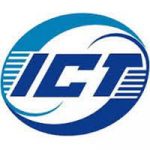
“N4R”
Institute of Computing Technology of CAS
Fair and Efficient Ticket-selling Mechanism with Intel Tofino Switch

“IMBAPLAYERS”
Tsinghua University
DNSGUARD: Analysis and Anomaly Detection of DNS Traffic in the Data Plane

“3NMedia”
Institute of Acoustics (IOA) of CAS
DPS (Designated P4 Switch): A Programmable Designated P4 Switch that Provides High-Performance Multicast Service

“Long road”
Tsinghua University
HyperClassifier: High-Performance Realtime Traffic Classification Driven by Programmable Switches
3rd Prize

“3Jankr”
Institute of Computing Technology of CAS
MultiFC: Enabling Multi-operand Floating-Point Arithmetic on Intel Tofino

“FNRG Squad”
Fudan University
NFCache: Fine-grained and Flexible Offloading of Network Functions to Programmable Switches
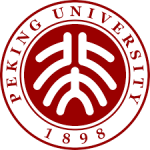
“Future Network”
Peking University
HeavyKeeper and Probability Generator

“IMCNS007”
Huazhong University of Science and Technology
Lightweight and Real-time Microburst Traffic Detection Based on P4
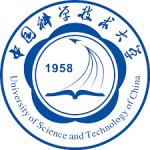
“Team56562”
University of Science and Technology of China
In-network Computing Oriented Lightweight TCP
Special Prizes
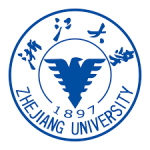
Best Engineering Efficiency Exploration Award
“Hey P4”
Zhejiang University
P4Guide: P4 Program Automatic configuration Framework Based on Intel Tofino
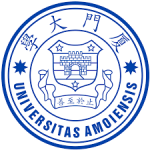
Best In-network Computing Exploration Award
“2048 Turing Award Candidate”
Xiamen University
P4-DPLL: Accelerating SAT Solving Using Switching ASICs
Intel technologies may require enabled hardware, software or service activation.
© Intel Corporation. Intel, the Intel logo, Tofino, and other Intel marks are trademarks of Intel Corporation or its subsidiaries. Other names and brands may be claimed as the property of others.